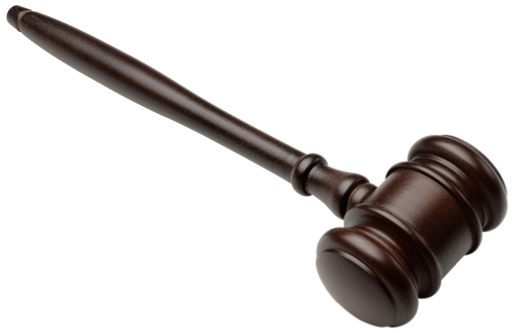 Wow. It started small and gained steam. What I thought was just a blip on the radar has turned into a full avalanche. I am SHOCKED at how any calls and emails that I now get from people who are trying to “learn” more about people in my network. Sure, that’s what LinkedIn, for example, is all about.. Or is it? Yes, it’s all about networking and all about getting introductions to new people through someone else (and yes, I LOVE IT and I think that works great on these sites). However, it isn’t meant to be used a tool to check references either. Sure, it’s easy. Heck, just type in the name of the company where a potential candidate or potential employee is or has worked and you will instantly find people to contact about them. The easy ones are 1st level connections, so that info is a phone call or button push away. The 2nd and 3rd levels are also pretty darned easy to reach. Almost nobody can hide anymore.
Wow. It started small and gained steam. What I thought was just a blip on the radar has turned into a full avalanche. I am SHOCKED at how any calls and emails that I now get from people who are trying to “learn” more about people in my network. Sure, that’s what LinkedIn, for example, is all about.. Or is it? Yes, it’s all about networking and all about getting introductions to new people through someone else (and yes, I LOVE IT and I think that works great on these sites). However, it isn’t meant to be used a tool to check references either. Sure, it’s easy. Heck, just type in the name of the company where a potential candidate or potential employee is or has worked and you will instantly find people to contact about them. The easy ones are 1st level connections, so that info is a phone call or button push away. The 2nd and 3rd levels are also pretty darned easy to reach. Almost nobody can hide anymore.
The problem with this is that too many HR folk and people in the staffing & recruiting industry don’t understand the laws. The few that have taken the time to get certified (ie CPC, CTS, etc) are aware of the laws, but are you? To make a long law short, reference and background checks are protected under what is known as “The Federal Fair Credit Reporting Act”. Shockingly, uncle same has a creative acronym for this, “FCRA” (see, isn’t that so much easier? 🙂 )
The law protects individuals whether the agency/employer checks the references themselves or whether they use a third party. Contacting someone on a social network, to ask about the person is covered under this law, as it is considered a background or reference check. It is quite possible that you are breaking the law if you don’t have your i’s dotted. You conduct reference checks every day. BUT, did you know what you are required to do? Check it out….
- First, You MUST get oral or written consent from the candidate BEFORE you conduct it!!
- Second, if you think you can play the “But he told me I could” card (not sure if that has every been called a “card” before), the law also states that any oral consent has to be confirmed in writing within three business days! Sure, all firms have some sort of reference check release
- The candidate needs to know that they can request the substance of the information that you obtain for their file. Also you usually have this covered under the reference check release.
- Finally, if they do request the information, you have to provide it within five days! You don’t have to disclose the source, though, so that is good news!
Don’t be fooled by thinking that you are covered by your possibly outdated reference forms. Make sure that it shows that various ways that you may obtain information. Although that isn’t necessary, it may prevent a headache. Also, don’t forget that this ONLY covers those candidates who ACTUALLY SIGNED YOUR RELEASE! Many of the calls that I get are for people that we submitted to them from an agency (ie they just learned of the candidate, but want want to “check them out” first), thus they don’t have any sort of a release. I also get calls from recruiters that had someone submit a resume online or have sourced them and want to learn more. Also, no release would be on file. All of the latter examples break the law in a big way!
So, don’t get me wrong, you should be using services such as LinkedIn and other Social Networks for info. However, it should ONLY be used as a reference tool if you have explicit permission from the candidate. If not, you should still be all over these sites, BUT FOR NETWORKING, MARKETING AND SOURCING only!
Don’t ignore the issue regarding your current release either. There have not been any large lawsuits yet to my knowledge surrounding LinkedIn, for example, but I can assure you that it is coming (based upon the number of inquires that I personally get). If you cover yourself with clear wording on your tiny 2pt font size agreement, then you won’t have to worry about being the next example. I also caution you to remind you co-workers and employees to be very careful to stay within the confines of the FCRA.
Hope this helps.
Carpe Diem
If you are new to my site, Please clickHERE and sign up for my FREE newsletter, which includes a FREE 8 week Mini “Recruiting System” training course. The below video, along with related articles surrounding the topic, are included in the course!
follow me on twitter http://twitter.com/NeilLebovits